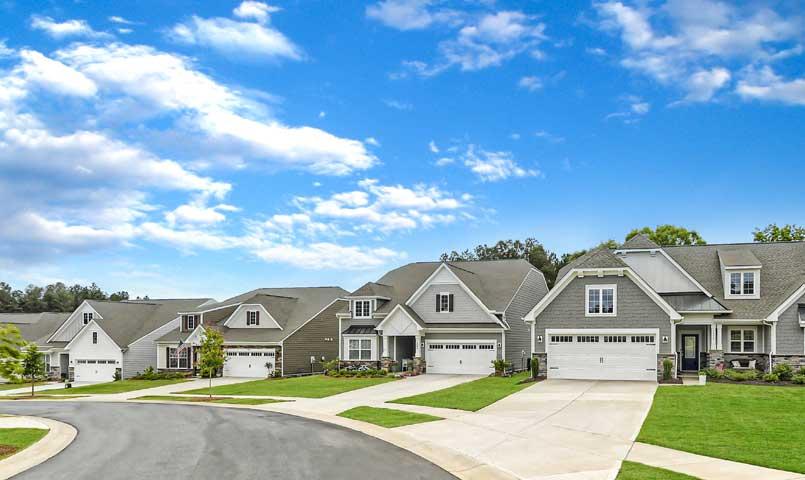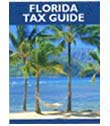by Robert Borges on October 8, 2024
Whether homeowners in a 55+ community pay school property tax or not depends on several factors, including the structure of the community, its ownership model, and the applicable tax laws.
So, whether you're looking at over-fifty-five communities in South Carolina, or age-restricted communities in any region of the country, familiarize yourself with the applicable tax laws. In this post, we’ll explore what influences how school property taxes apply to 55+ neighborhoods.
What Is School Property Tax?
School property tax is a levy imposed on property owners to generate funds to support public schools within the locality. Funds collected through this process cover crucial expenses like school infrastructure maintenance and development, school operations, paying teachers and support staff, and running educational programs.
This tax influences the resale value of 55+ homes because many retirees who want to downsize their living spaces and are on a fixed income want to live in neighborhoods that lessen their financial burden.
The amount of school property tax a property owner pays is based on the value of their property. The local government will assess the current market value of your property within the community and multiply the value by the assessment rate to determine the taxable amount.
This tax is normally collected annually. Each property owner is responsible for remitting their school property tax. Often, property tax is part of your mortgage payments, especially if you hold an escrow account. However, occupants of rented properties–like condos and apartments–aren’t charged any property tax.
On that note, it’s a good idea to familiarize yourself with rental policies in 55+ communities to know what benefits you can enjoy when you rent instead of buying a house in an age-restricted neighborhood.
Factors Determining How School Property Taxes Apply to 55+ Communities

Next, let’s explore what can influence how school property taxes could apply to the over-fifty-five community you’re interested in:
Type of Over-Fifty-Five Community
As mentioned above, you can either buy a house or rent one in a 55+ community. There are two main models of homeownership in 55+ neighborhoods: fee simple ownership and condominium or cooperative ownership.
‘Fee simple ownership’ means that you outrightly own the house and the land. Therefore, you’re directly responsible for remitting all property taxes levied on that property, including school property tax.
‘Condominium or cooperative ownership,’ on the other hand, refers to owning only the interior space of your house. Therefore, common areas of the property are owned collectively by all residents.
In this type of ownership, you’re only responsible for paying property taxes charged on your unit. The tax levied on common areas is handled by the Homeowners Association (HOA).
In a rental model, residents who rent the property aren’t responsible for paying property taxes. It’s the responsibility of the property owners to pay these taxes. However, some property owners include a clause in their lease agreements that passes a percentage of these taxes onto renters through rent.
Therefore, check your lease agreement before signing it to see if any portion of school property taxes will be passed onto you.
Applicable Tax Laws
Read your local tax laws to see if you are exempt from paying school property taxes. Many states and cities exempt seniors from paying property tax. This can be a major boost to your finances when buying a house in a 55+ community. If the community you’re interested in is within a special district like a municipal services district or a school district, you’ll be required to pay school property taxes to that district.
Closing Thoughts
Most 55+ neighborhoods pay school property taxes. However, the people responsible for paying these taxes vary depending on the property ownership model and the applicable tax laws. If you need help finding the best 55+ community in South Carolina, reach out to Private Communities today!
